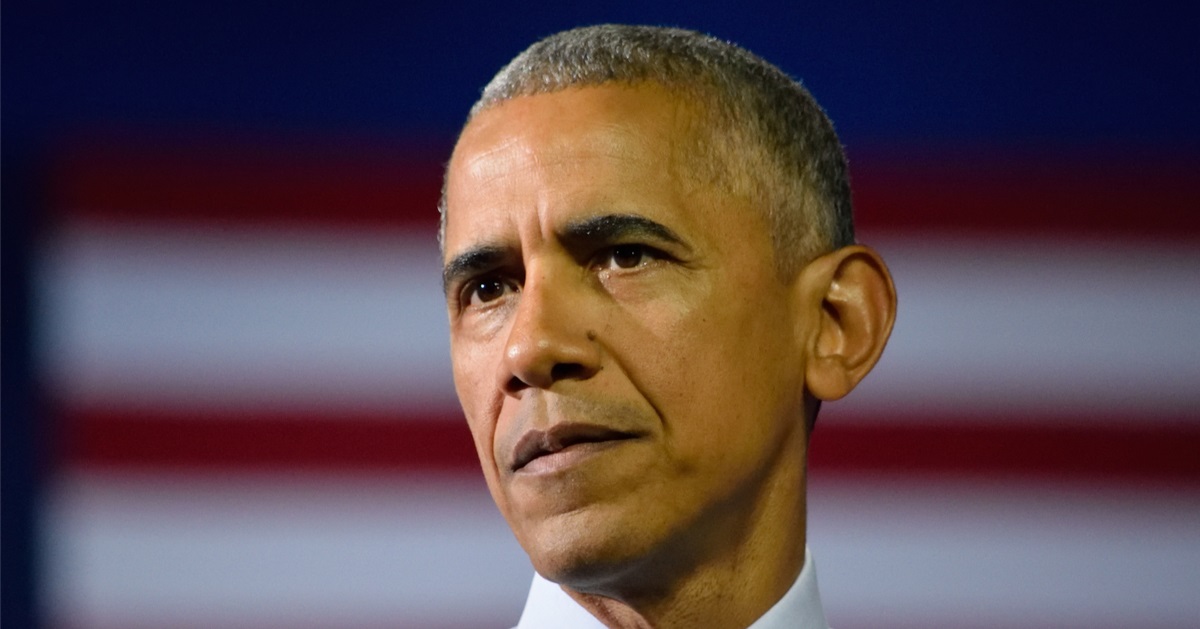VP-elect Vance, GOP committees, urge Supreme Court to overturn previously upheld limitations on political speech
Unconstrained political speech is at the heart of the First Amendment, yet it suffers from a plethora of unconstitutional limitations imposed by the government on coordination between political parties, campaigns, and candidates.
Vice President-elect JD Vance, along with two GOP organizations, hopes to change that with a petition that calls upon the Supreme Court to review and overturn a prior decision that upheld restrictions on coordinated political spending, The Hill reported.
Vance, joined by the National Republican Senatorial Committee (NRSC) and the National Republican Congressional Committee (NRCC), argued that arbitrary caps that limit the amount and purpose of coordinated spending between the parties and their candidates violate their First Amendment-protected free speech and free association rights.
Lower courts bound by prior Supreme Court precedent
In a 44-page petition to the Supreme Court made public on Friday, VP-elect Vance, the NRSC, and NRCC asserted, "A political party exists to get its candidates elected. Yet Congress has severely restricted how much parties can spend on their own campaign advertising if done in cooperation with those very candidates."
At issue are provisions within the Federal Election Campaign Act, as codified in 52 U.S.C. § 30116(d), that impose assorted and varied limitations on the allowable amounts and purposes of coordinated spending between party committees and candidates, ostensibly to guard against corruption and quid pro quos involving donors.
In a recent Sixth Circuit en banc opinion that dealt with the issue, Chief Judge Jeffrey Sutton acknowledged the "serious tension" between the First Amendment and the FEC's "coordinated party expenditure limits" but ultimately determined that the circuit court was unable to fully address it because it was bound by prior Supreme Court precedent that upheld the limitations as lawful and constitutional.
As such, and regardless of other high court rulings that may be contradictory to the precedent, unless and until the Supreme Court explicitly overruled its prior opinion from 2001, known as Colorado II, the FEC rules would continue to apply and be upheld by lower courts.
In that Sixth Circuit decision in September, Sutton wrote, "Even when the Supreme Court embraces a new line of reasoning in a given area and even when that reasoning allegedly undercuts the foundation of a decision, it remains the Court’s job, not ours, to overrule it."
Thus, the instant petition that asks the Supreme Court to consider "Whether the limits on coordinated party expenditures in 52 U.S.C. § 30116 violate the First Amendment," and, if so, to overturn the 2001 Colorado II decision that previously upheld those limitations.
Ideal case to overturn prior upholding of political speech limitations
"This petition, at its core, asks whether the First Amendment permits the government to 'restrict political parties from spending money on campaign advertising with input from the party’s candidate for office,'" the petition stated.
"A majority of the en banc Sixth Circuit concluded that it had to say yes -- but only because it believed this Court’s 5-4 decision in Colorado II left it no choice," it continued. "Yet while the opinions below split over whether lower courts remained shackled by that 2001 ruling, they agreed this Court’s review was warranted."
"This Court should take up the invitation" and strike down the FEC's restrictions on coordinated spending between party committees and candidates' campaigns as unlawful violations of the First Amendment, the petitioners argued.
"And that constitutional violation has harmed our political system by leading donors to send their funds elsewhere, fueling 'the rise of narrowly focused 'super 'PACs' and an attendant 'fall of political parties' power' in the political marketplace, which has contributed to a spike in political polarization and fragmentation across the board," they said. "All this has caused even stalwart defenders of campaign finance regulation in general to call for the end of the limits here."
The petitioners further added that it was "hard to imagine a better vehicle for this Court to vindicate the fundamental principle that the government cannot abridge 'the political speech a political party shares with its members' -- 'speech which is 'at the core of our electoral process and of the First Amendment freedoms.'"


